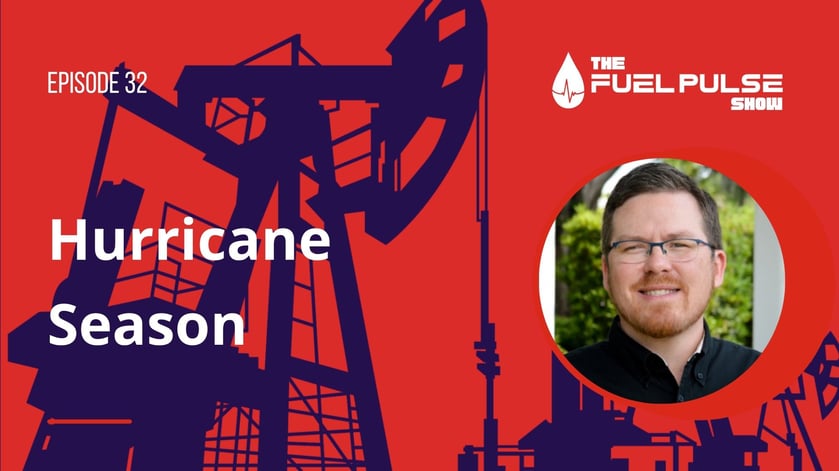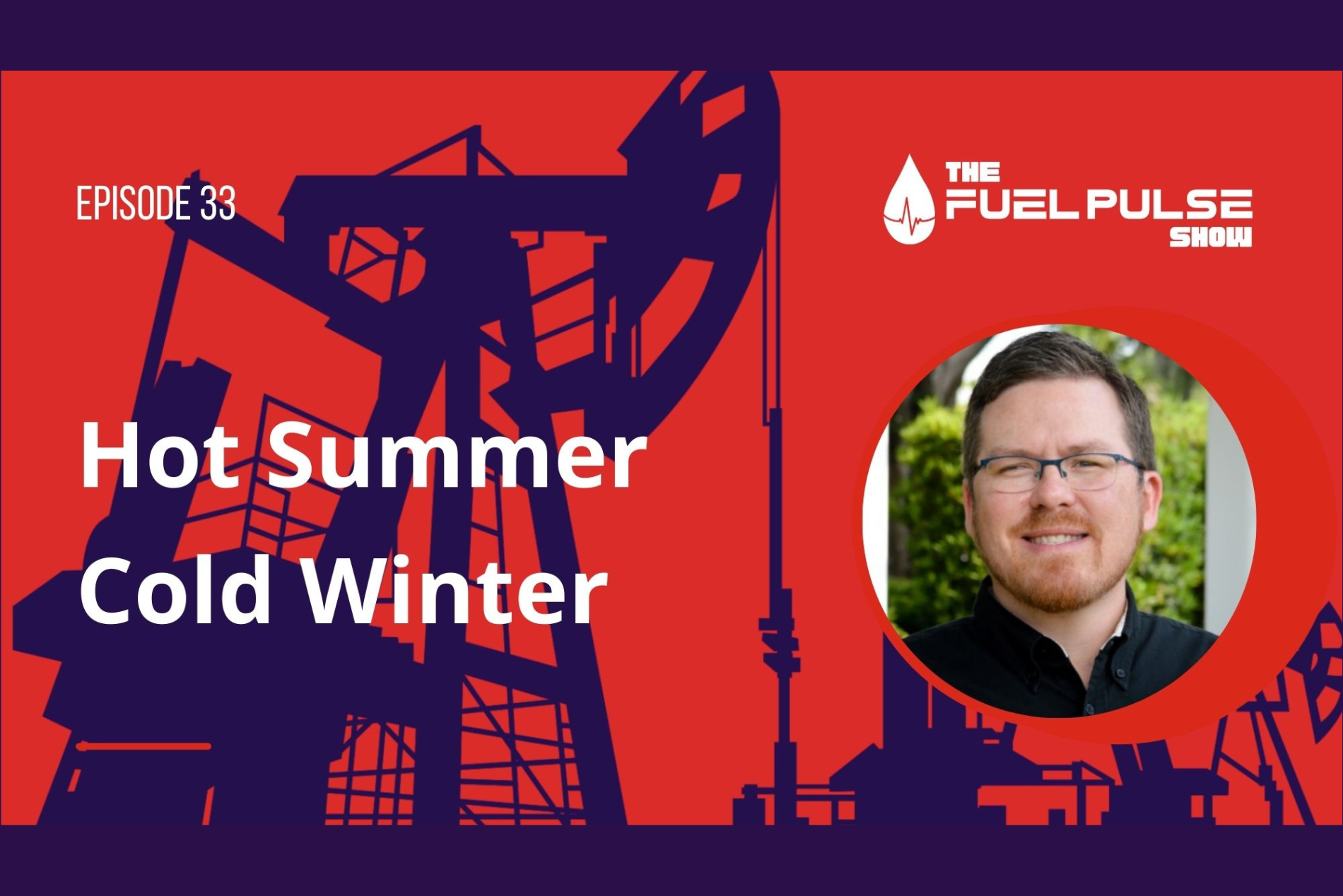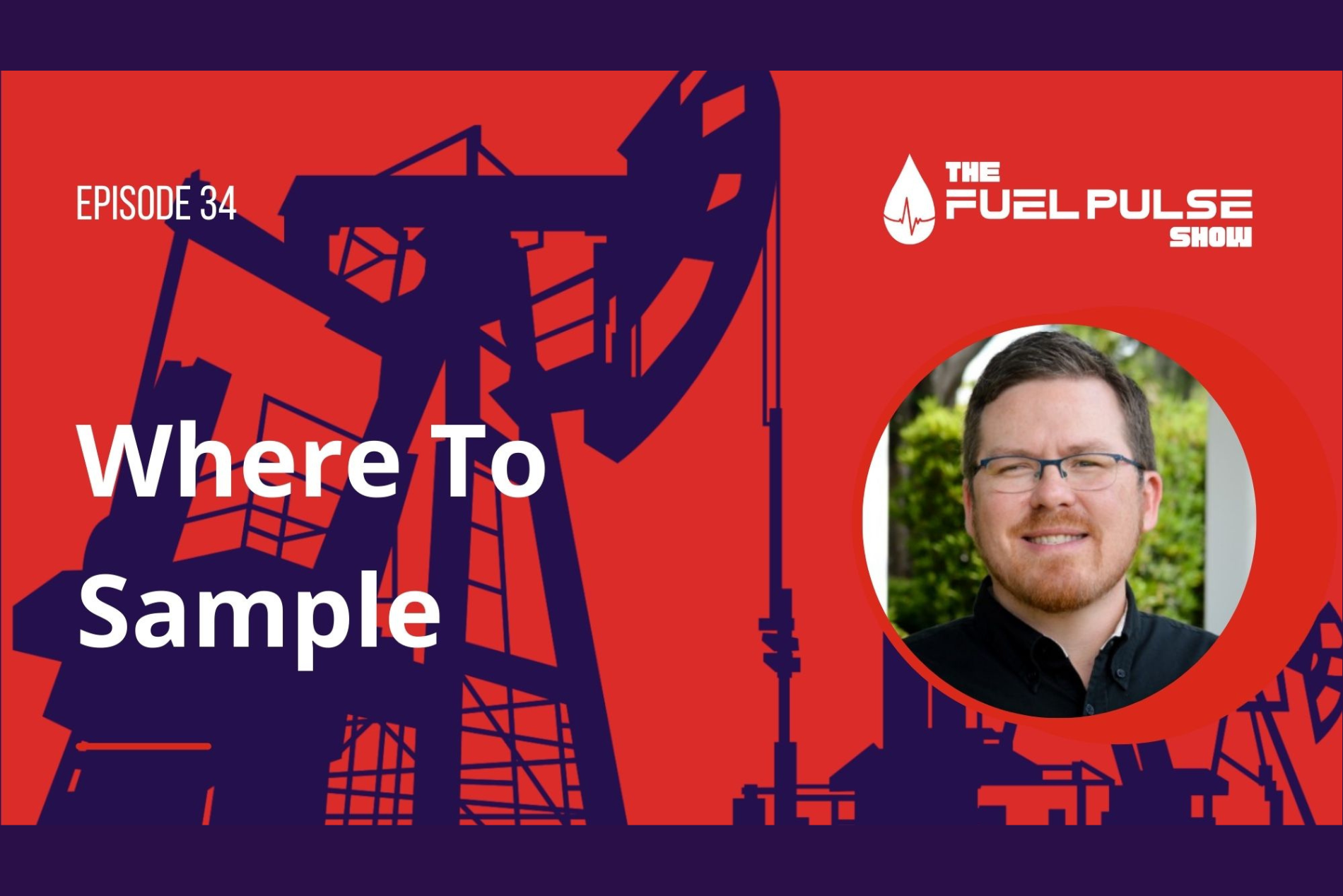1 min read
Episode 033 - Hot Summer, Cold Winter
On today’s episode, we’re going to be talking about the weather and the relationship between seasons with extreme temperatures. In the last episode,...


Are you ready for hurricane season—and do you know how to find and use the hurricane data that’s out there? It’s important to understand how hurricanes work and how to interpret the data around them, so today I’m sharing the new storm predictions, what has changed, and what it all means for you.
Listen in as I discuss why hurricanes tend to have similar patterns each year, as well as the role some of those reasons play in the grand scheme of things. You'll gain a better understanding of these storms and how to prepare for them and ensure that your fuel is safe.
"All major hurricanes are hurricanes, but not all hurricanes are major hurricanes.” - Erik Bjornstad

1 min read
On today’s episode, we’re going to be talking about the weather and the relationship between seasons with extreme temperatures. In the last episode,...

When checking on your stored fuel, you can’t just take a look in the tank. You’ll have to take a sample from the tank to examine. In today’s episode,...

1 min read
Knowing when to treat your fuel to avoid temperature-related gelling is key. In this episode, I’ll explain what you need to know about temperatures,...